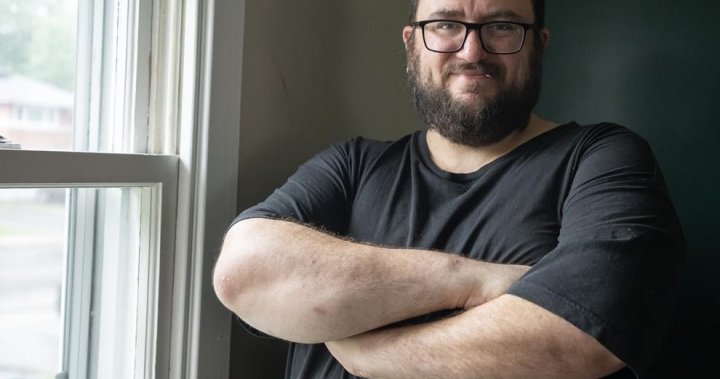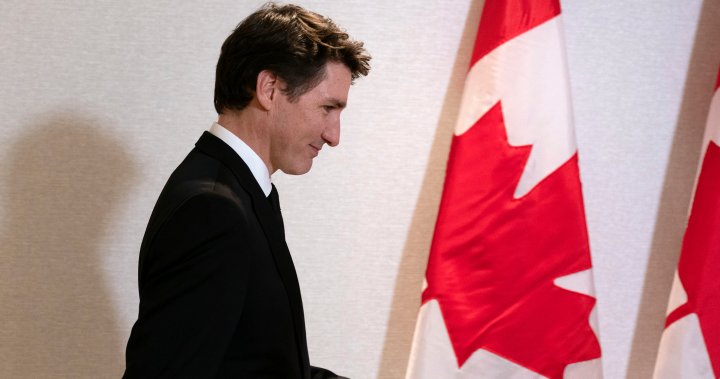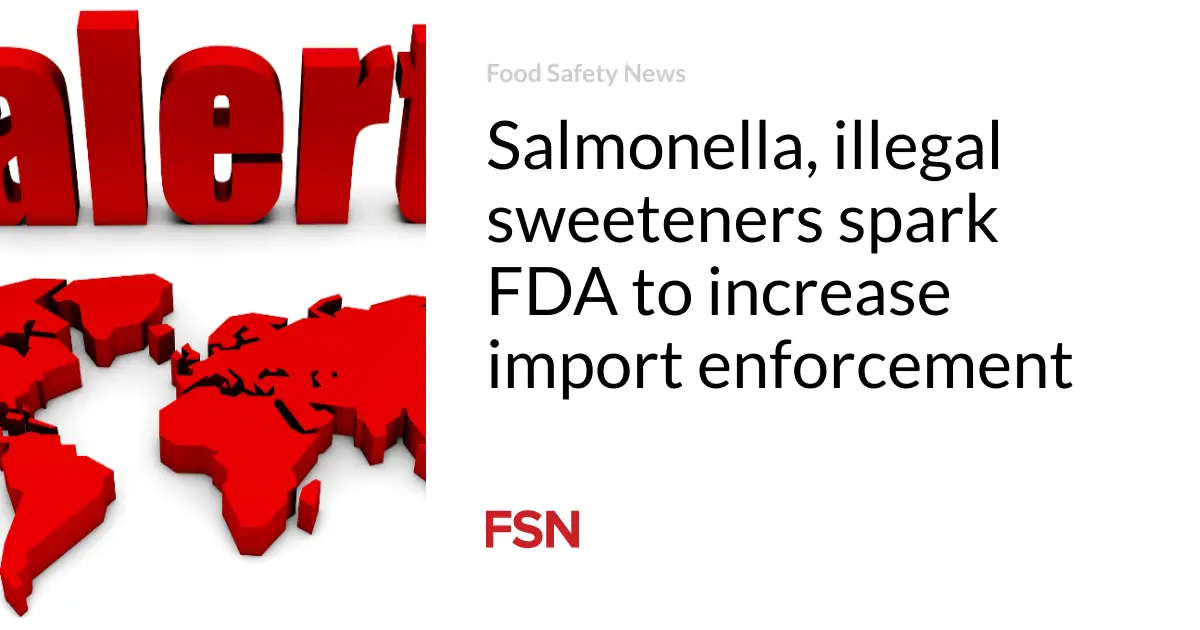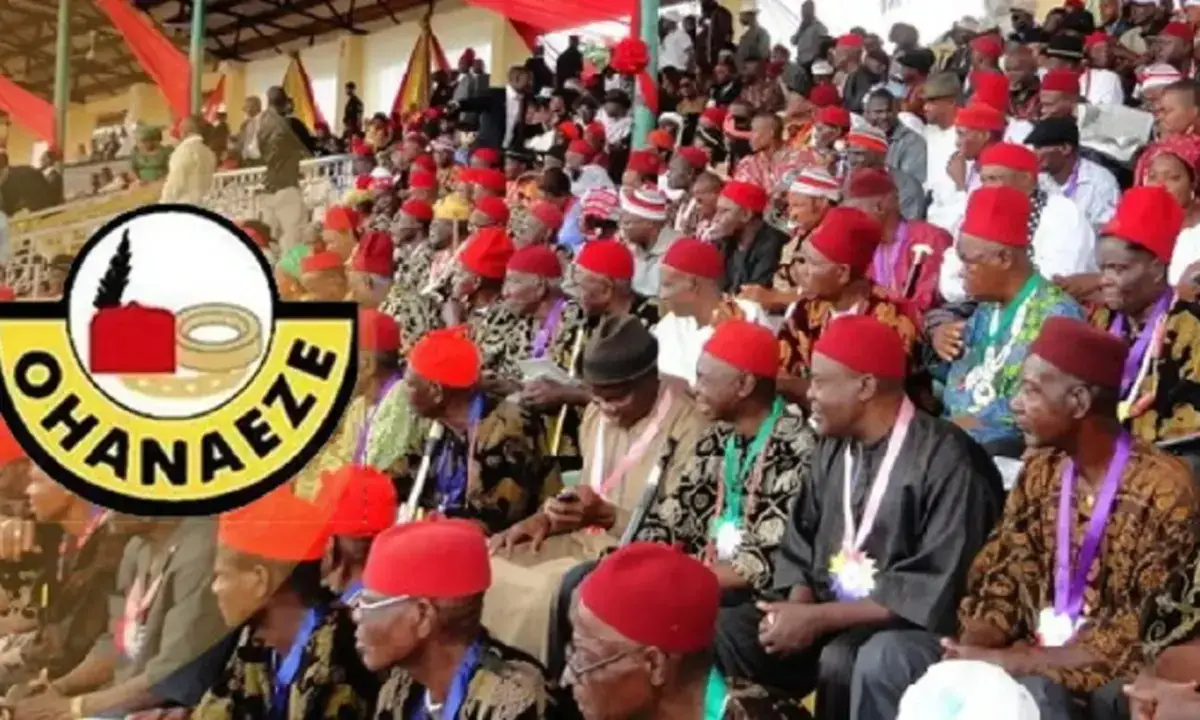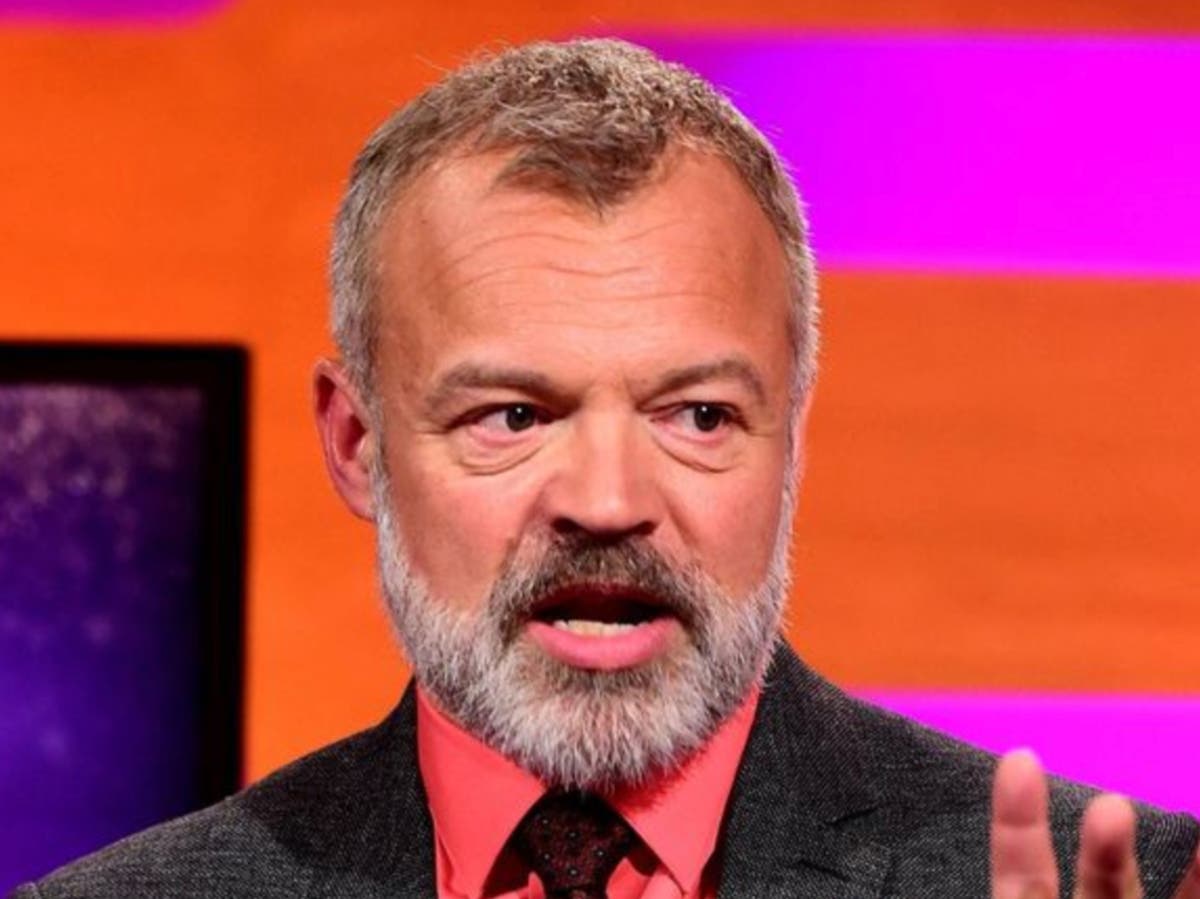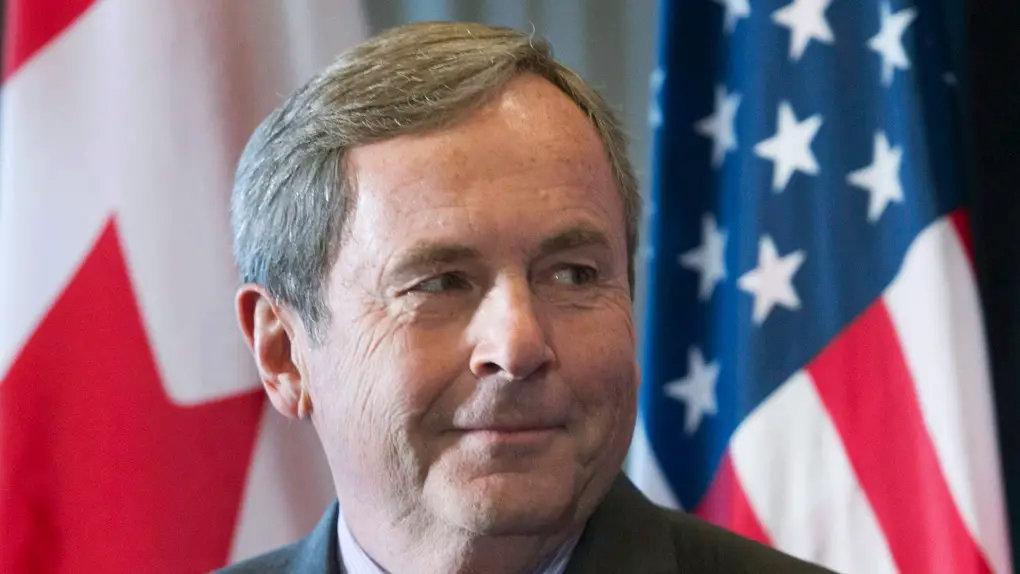
Canada’s former ambassador to the United States warns that our country could be dealing with a more protectionist trade partner, regardless of who wins the presidential election.
David MacNaughton made the comments in an interview with CTV News as he attended the Liberal government cabinet retreat in Halifax.
“We’ve got a challenge, which is that the United States is becoming more protectionist, more isolationist,” MacNaughton said.
The ex-diplomat said Canada must figure out how to enhance its relationship with the U.S., not just on the trade front but as a “key partner of the United States in the free world,” as turmoil continues across the globe.
Canada’s relationship with the United States was the theme of the last day of cabinet meetings in Halifax.
Kirsten Hillman, Canada’s envoy in Washington, D.C., spoke to ministers about the relationship between the two countries and the ongoing effort to prepare for a new president.
“So we’ve been to Texas and Florida, North Carolina and South Carolina, and about 33 states in recent months,” Hillman told reporters about the government’s charm offensive south of the border.
The ambassador, Trade Minister Mary Ng and Innovation Minister Francois-Philippe Champagne have met with 42 of 50 U.S. state governors since January when the prime minister re-launched the so-called Team Canada effort.
The cross-border engagement has been in high gear since the start of the year when Ng and Champagne were tasked with connecting with U.S. lawmakers, unions and business leaders. Ng has been to the U.S. four times since February and will meet with U.S. Trade Representative Katherine Tai in Washington on Wednesday.
Champagne says Canada is moving from being nice to being strategic in its approach with Americans. He told reporters of a meeting with his American counterpart where he informed her Canada has the only cobalt refinery in all of North America. Last week, the U.S. Defense Department announced a US$20-million investment in the Electra plant.
Hillman believes the work has been beneficial, as she attended both the Republican and Democratic National Conventions in the last month.
“For both of those conventions, I got invitations to join policy discussions that were being led by some of these regional lawmakers. So in Milwaukee, there was a roundtable on energy. There were certain state-level delegates getting together wanting to talk about trade and investment,” Hillman said.
Canadian officials believe those discussions are essential, as certain trade irritants could be on the horizon. Donald Trump has threatened to impose a 10 per cent import duty on all goods coming into the United States, including those from Canada. Kamala Harris has not clearly laid out her trade policy yet. However, Hillman believes it could be similar to the Biden administration’s, “but she’ll put her own stamp on it, and I think that that’s just something that we’re watching carefully.”
Canadian American Business Council CEO Beth Burke says it’s important for Canadian officials to nurture the relationship with the United States.
“Every area needs attention, right?” Burke said. “You may be married for 30 years and you say, ‘Oh, I don’t need a birthday present,’ but you don’t really mean it, right? You still want a card or flowers.”
Burke believes the U.S. is keen to be a partner, but there were clear pressures on Canada to follow the U.S. in imposing 100 per cent tariffs on Chinese-made electrical vehicles and 25 per cent tariffs on steel and aluminum from that country.
The U.S. had also stressed how important it was for Canada to meet its NATO target of spending two per cent of gross domestic product (GDP) on national defence. Last month, Prime Minister Justin Trudeau announced Canada would reach that goal by the year 2032.
U.S. President Joe Biden’s National Security Adviser Jake Sullivan, who was a surprise guest at the Liberal cabinet retreat, applauded the move.
“We welcome what Canada laid out in terms of its two per cent target, which is a historic step for it to take, and then of course with all our allied countries we’d like to see that two per cent target get hit as soon as humanly possible,” Sullivan told reporters Sunday.

